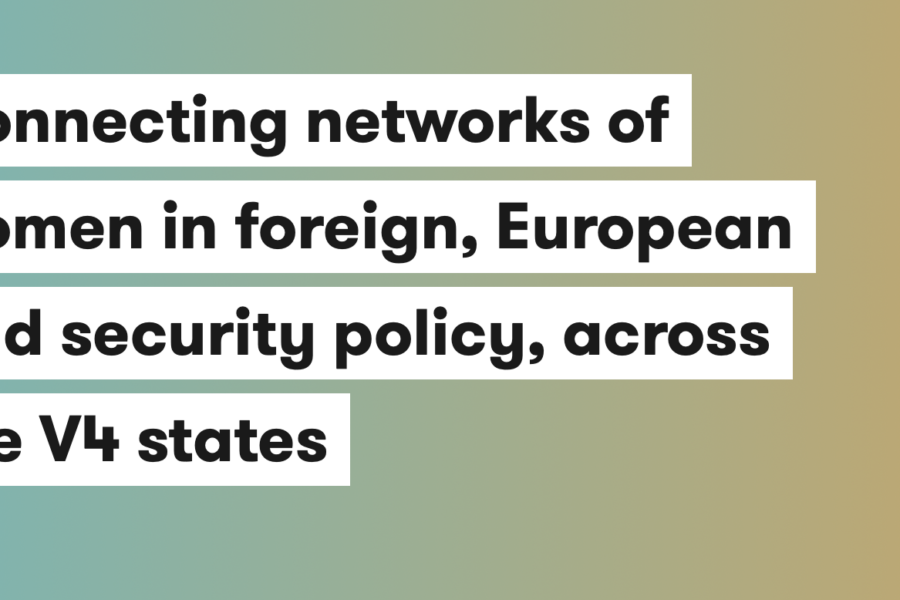
Although women constitute half of the population, their participation in the implementation of foreign, European and security policy in the V4 countries is disproportionately lower compared to men. Despite substantial progress in recent decades, the representation of female expert voices is not sufficient and fair. Contributing to this imbalance are several persistent issues faced by women in all V4 states.
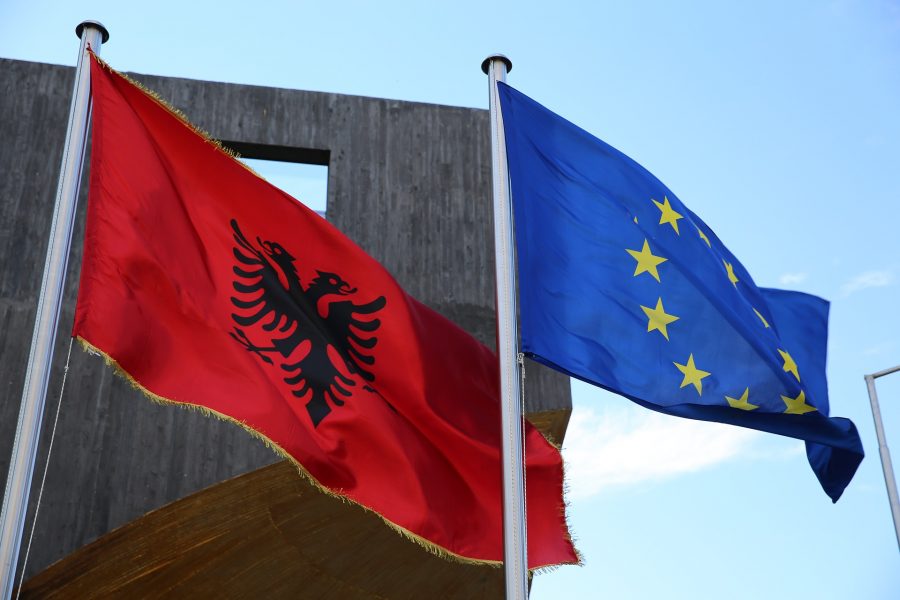
The project focuses on the operation and sustainability of the platform for an institutionalized public debate on European integration issues which is based on the partnership of governmental, non-governmental, business and interest institutions, as well as on strengthening Albania's capacity for EU accession negotiations – National Convention on the EU in Albania.
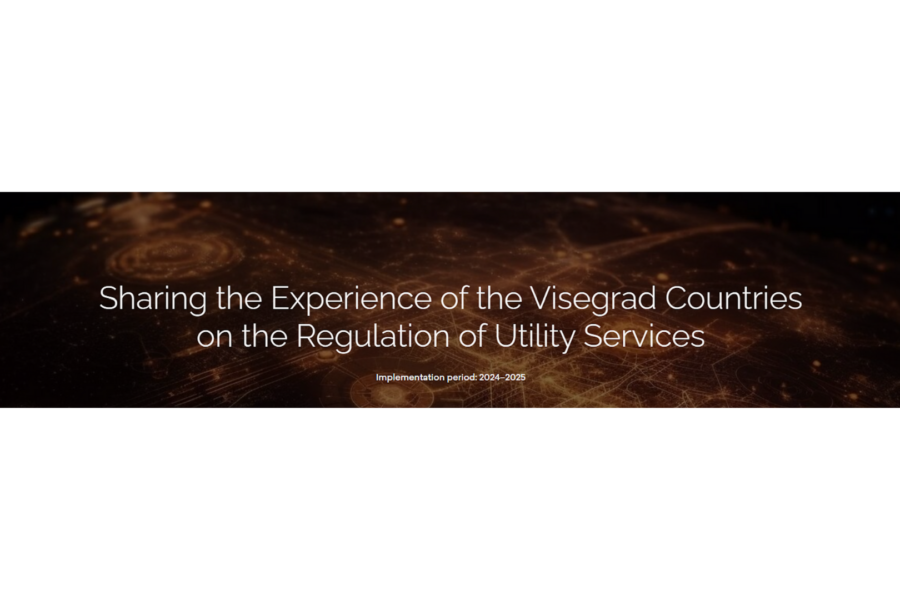
This project aims to leverage the expertise of Poland, Czechia, and Slovakia in utility service regulation to benefit Georgia.
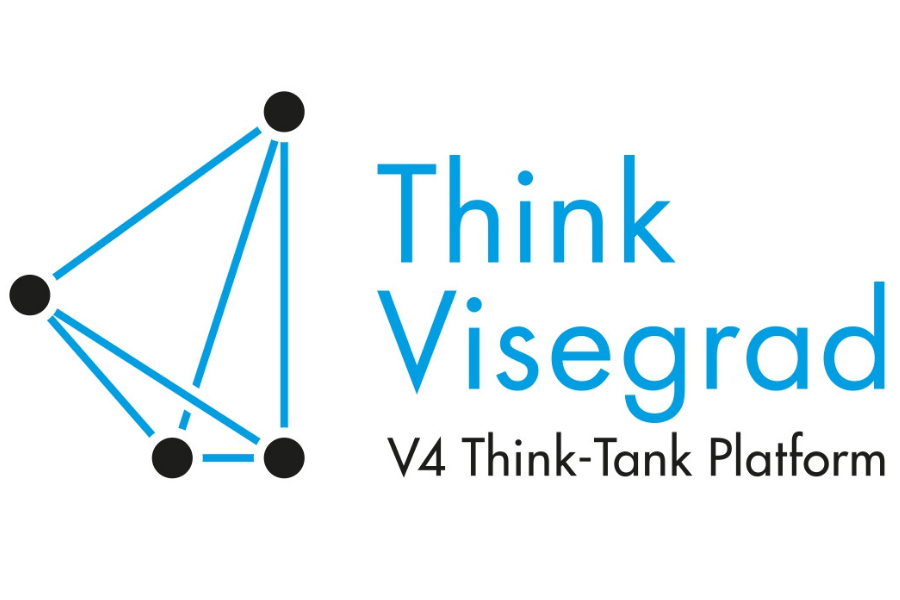
Think Visegrad—V4 Think Tank Platform is a network for structured dialog on issues of strategic regional importance. The network analyzes key issues for the Visegrad Group (V4), and provides recommendations to the governments of V4 countries, the annual presidencies of the group, and the International Visegrad Fund.
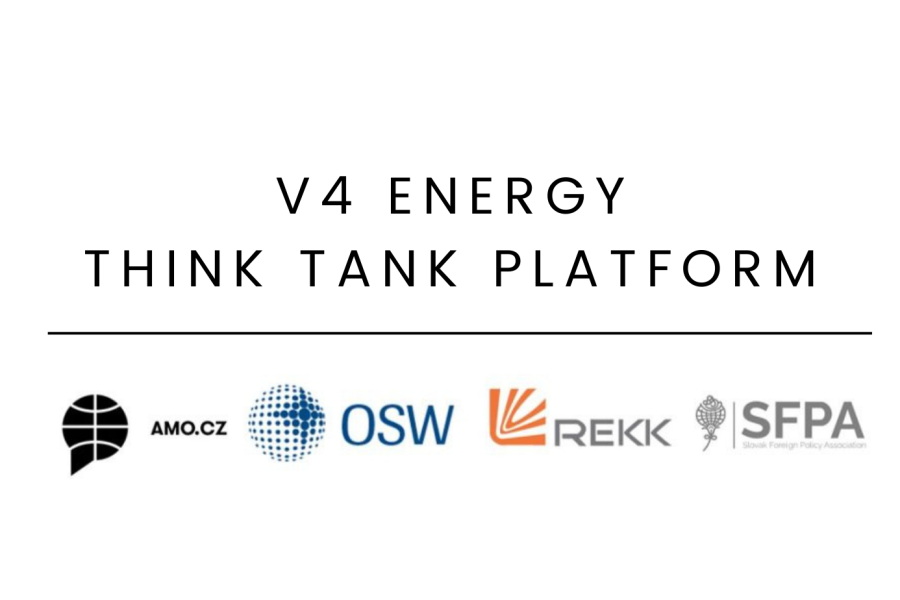
V4ETTP is a platform – permanent network – of think tanks facilitating energy-related and policy-oriented research and analysis with a regional focus, building on its member institutions’ expertise in energy studies.
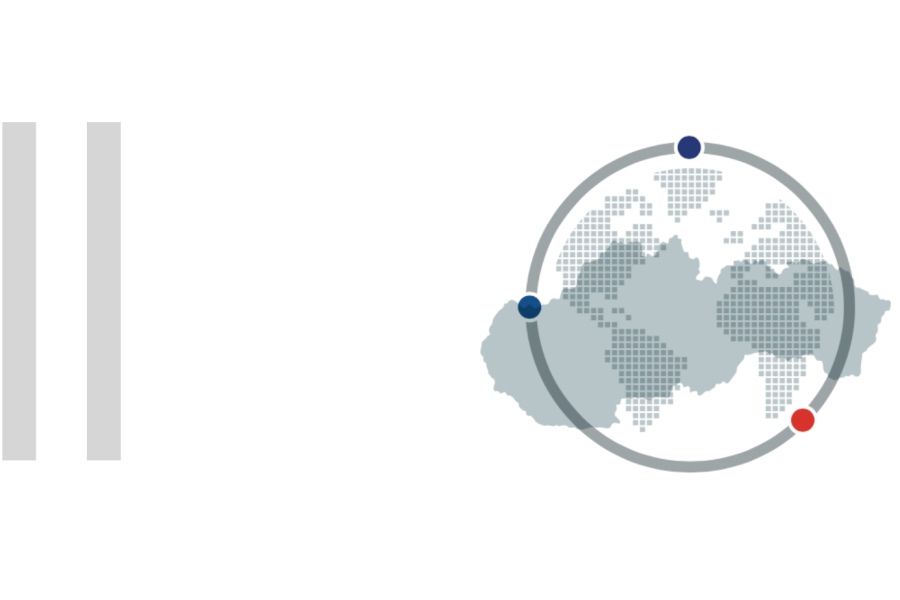
In order to be successful in energy transition, Slovakia should build new forms of regional cooperation, while also enhancing climate policies, especially the deployment of renewables and energy efficiency measures.
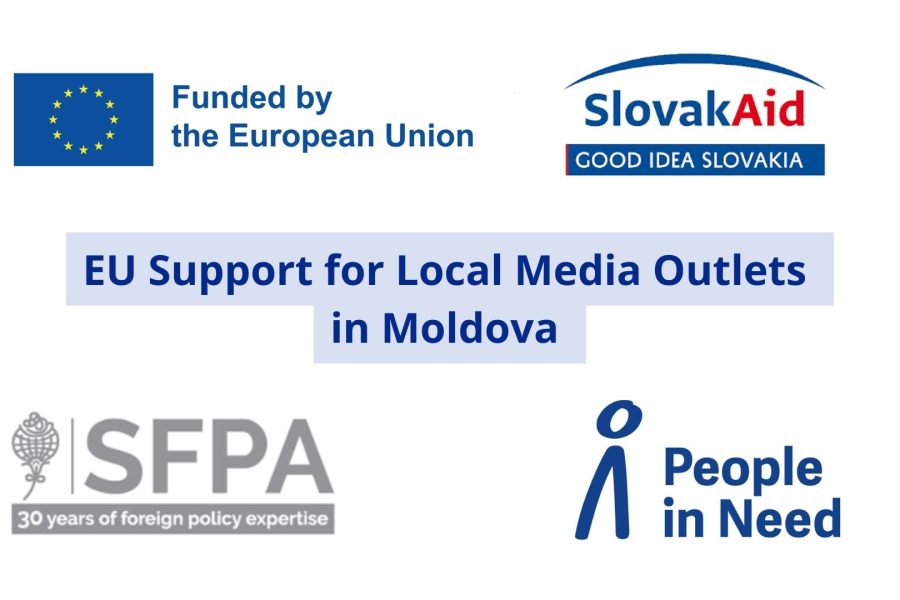
The project named EU Support for Local Media Outlets in Moldova focuses on promoting a more conducive environment for local media in order to strengthen their capacity, independence, sustainability and professionalism, as well as their ability to produce quality, evidence-based, balanced and reliable journalistic content.
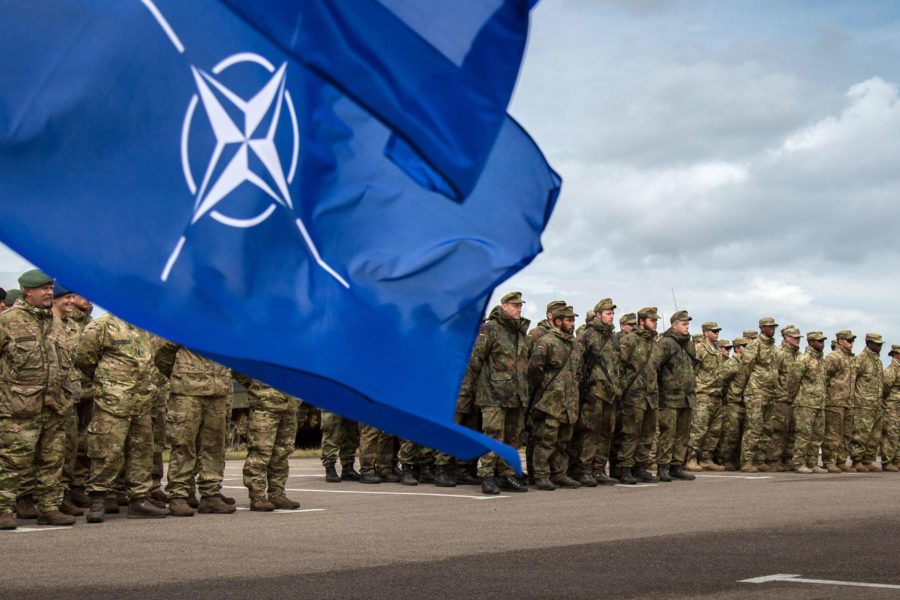
The aim of the project is to analyse the conclusions of the reflection group published in the document NATO 2030: United for a New Era and to make recommendations. Results of the project as well as our active participation in ensuring the Alliance's security and defence are communicated continuously.
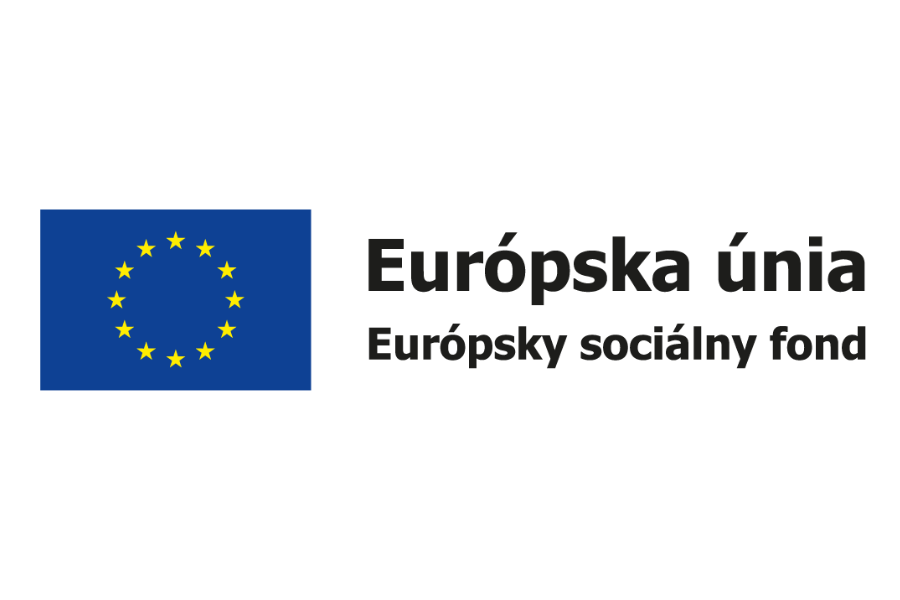
This project is funded by the European Social Fund. Find all the information about operational program on www.reformuj.sk.
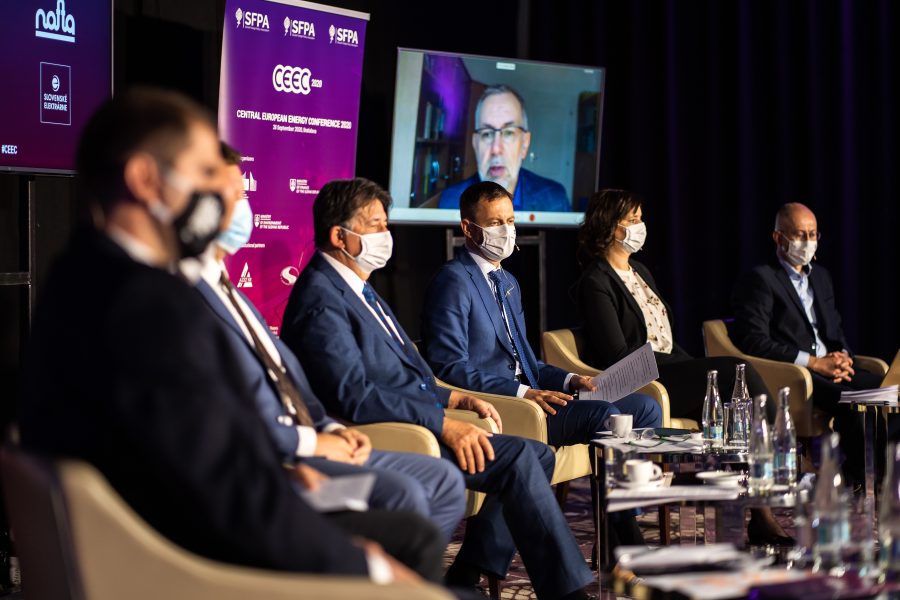
The aim of the 15th CEEC conference is to discuss the upcoming changes in energy sector. The consequences of Covid-19 pandemic created an opportunity to speed up necessary changes of energy sector. The conference will discuss the opportunities brought by the Recovery Facility in V4 countries and will pay special attention to emissions reduction in cities, new developments in energy storage, rail sector, and decarbonisation in industry.
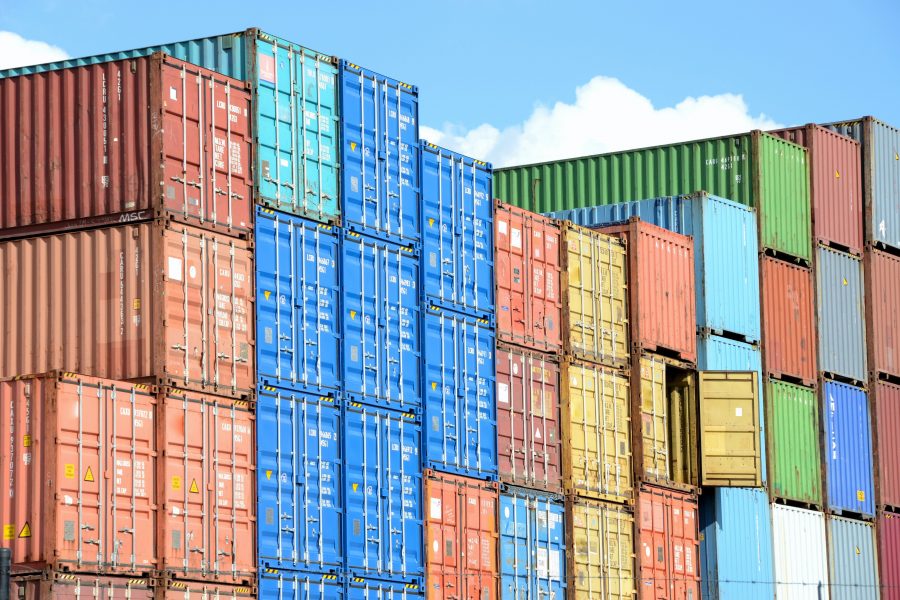
This project intends to undertake a long-term research on the state of economic relations between Russia and individual Visegrad countries. Its aim is to highlight possible changes and continuities in light of the crisis in Ukraine and assess in what ways commercial cooperation can affect political relations.

The project’s aim was to contribute to building «communication bridges» between civil and governmental actors in Visegrad and Ukraine, as well as to strengthen the capacity of interacting between multi-stakeholders in a case of an energy crisis.

d implementation, while focusing to increase confidence building measures between ATU Gagauzia and central government of Republic of Moldova, and promoting synergies between the public and private sectors in order to enhance their abilities to meet consensus and thus mutual progress

The project is focused on monitoring online media, searching for common patterns and key subjects undergoing manipulation. The goal is to capture similarities and differences in disinformation strategies tailored at individual countries participating in the project.

The project aims to revive the public debate on ICM in Slovak and Central European region, follow-up on existing outputs and, last but not least, bring an updated quantitative and qualitative view on this issue.

The main objective of this project is to find out how Ukraine, Poland, Czechia, Slovakia, and Hungary could use professional and social capital of Ukrainian students who choose to study in Polish, Czech, Slovak, and Hungarian universities more effectively.
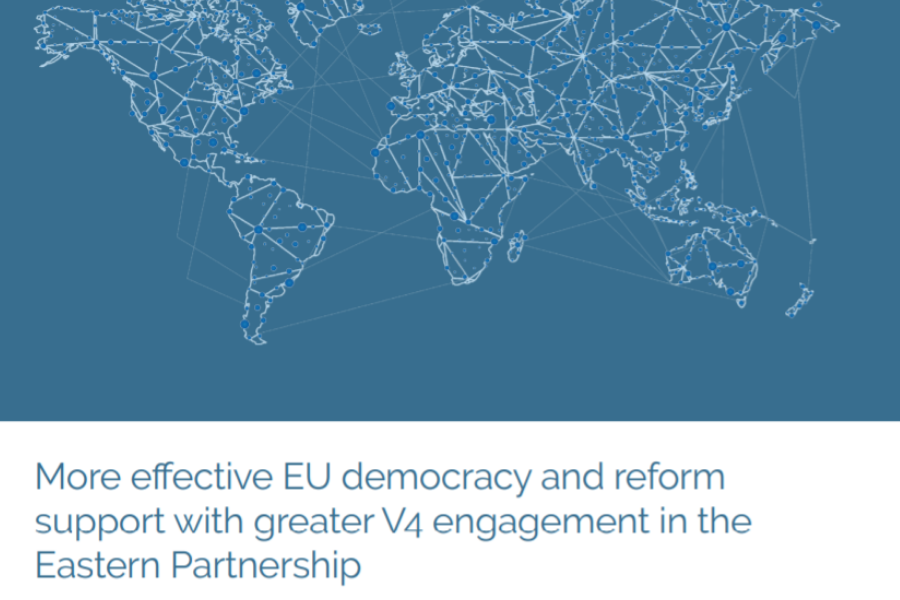
The project seeks to ensure that EU foreign policy instruments exert a greater impact over democratic reforms in the EaP region while utilising transition sharing potential of the V4 countries. In cooperation with the V4 Presidencies, structures & stakeholders it will use the opportunity the current EU revision of its EaP policies and instruments provide and ensure a process of reflection and engagement of civil society experts in the process.
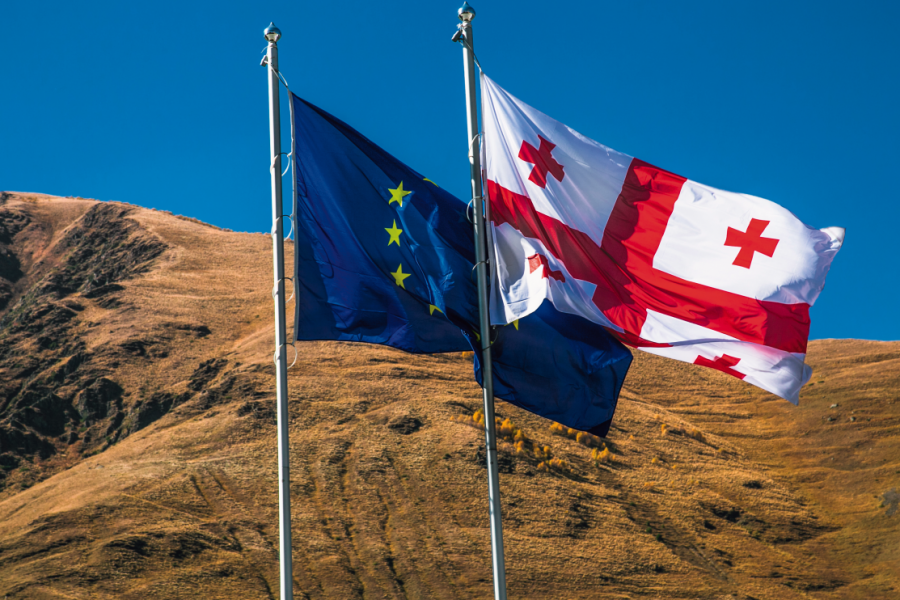
The project focuses on the operation and sustainability of the platform for an institutionalized public debate on European integration issues which is based on the partnership of governmental, non-governmental, business and interest institutions, as well as on strengthening Georgia's capacity for EU accession negotiations – National Convention on the EU in Georgia.

This project aims to provide a menu of innovative ways in which the international community can engage with all sides in the four so-called “frozen conflicts” – protracted conflicts on the territory of the former USSR that include the Karabakh, Abkhazia, South Ossetia, and Transdniestria conflicts.

The main aim of the project is to study the Russian strategic communication about the crisis in Ukraine both in Russia and in countries of the EU.
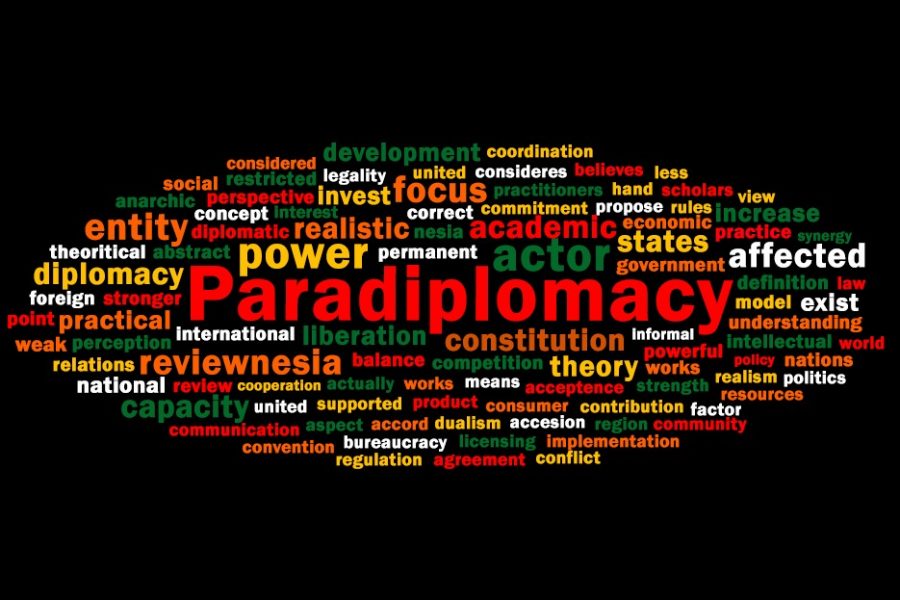
The goal of our project is to analyze the reasons behind and provide the selected regions with a quality analysis to increase both quantity and quality of their paradiplomatic activities. The project focuses on the paradiplomatic activities of the self-governing regions of three Visegrad countries (Slovakia, Czechia, Poland) on all three – bilateral, multilateral, and European – levels.
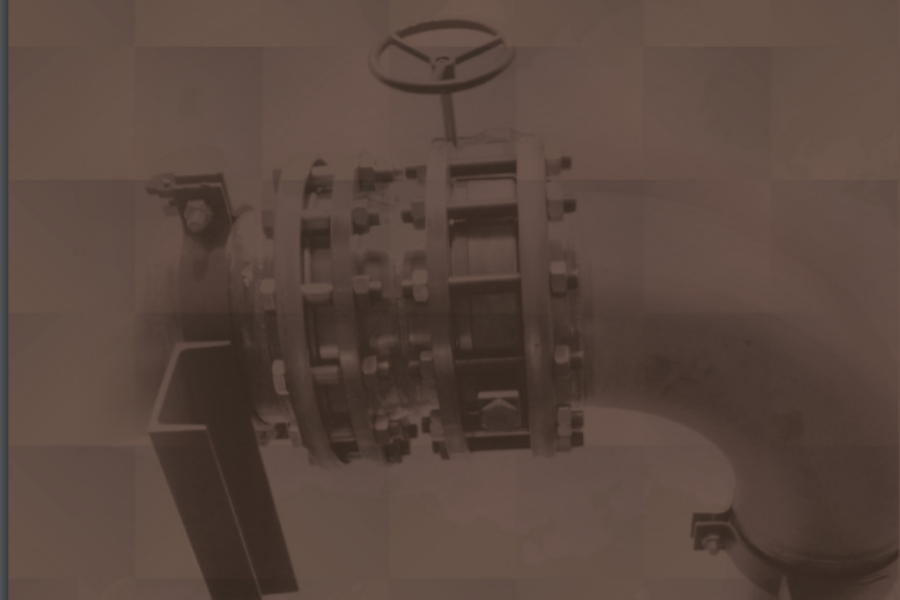
The main objective of the project is to investigate the opportunities and perspectives affecting cooperation between Poland, Czech Republic, Slovakia and Hungary in the gas market.

This report is the joint product of a group of twenty-one members of the OSCE Network of Think Tanks and Academic Institutions.

The intention was to analyze the threat perceptions of relevant state actors in the OSCE area in the categories of „military threats“, „transnational threats“ and „other threats“.

Building on the notion of increasing social, economic and political interdependence across borders, the first volume asks whether and, if so, how a sense of solidarity and European identity can be rescued from the bottom up by politically empowering citizens to ‘take back control’ of their EU.

The project is aimed at systematic monitoring of current migration dynamics in Ukraine (both internal and international migration, particularly to V4 and the EU) resulted from Crimea annexation and armed conflict in Eastern Ukraine. It will investigate both qualitative and quantitative (where possible) characteristics of forced migration and accompanying economic-driven migration. It will also present policy recommendations for the V4 governments, EU institutions and Ukrainian government.
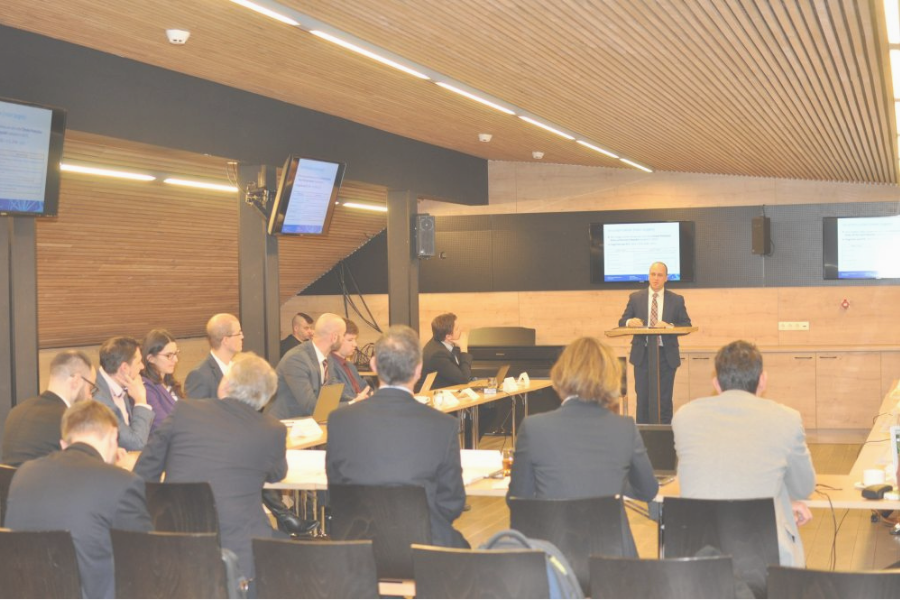
With the aim of strengthening cooperation among the think tanks of the Visegrad countries in the field of energy, as well as promoting dialogue between the academic sector and decision-makers in this area, REKK (HU) as coordinator, along with SFPA (SK), the Instytut Jagielloński (PL) and AMO (CZ) as partners, have initiated the launching of the V4 Energy Think Tank Platform (V4ETTP) as a permanent think tank cooperation platform focusing on energy, operating from 2018.
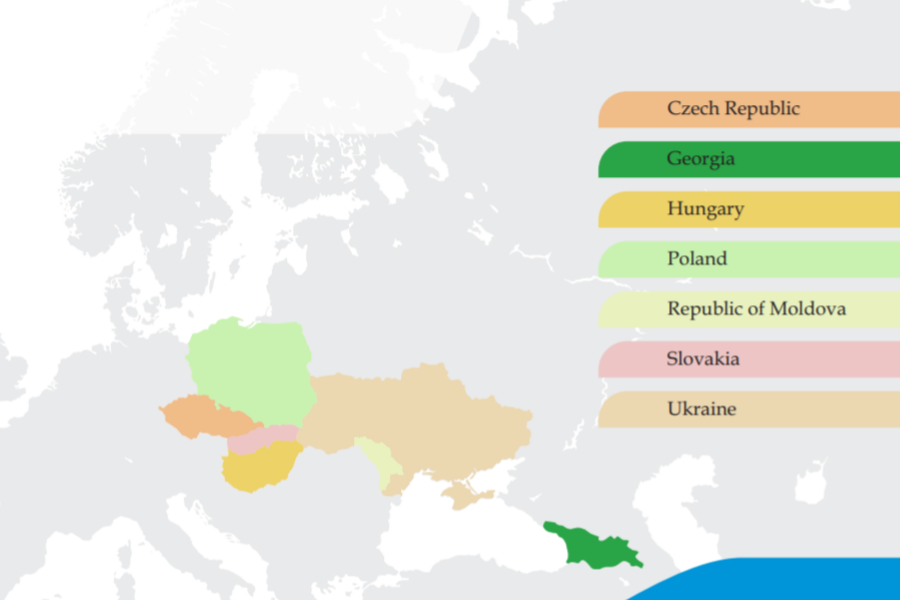
The initiative was kindly funded by the International Visegrad Fund and has the aim to target several areas of mutual interest between the V4 and the EaP countries, Moldova, Georgia and Ukraine, including capacity building and regional cooperation by transfer of V4 countries experience in EU integration processes via collecting best practices and lessons learned in the field of communication strategies.

The project aims to produce solid scientific research combined with the experience of practitioners on the V4 Countries’ capabilities to implement the RtoP in light of the new challenges, and to offer feasible recommendations.
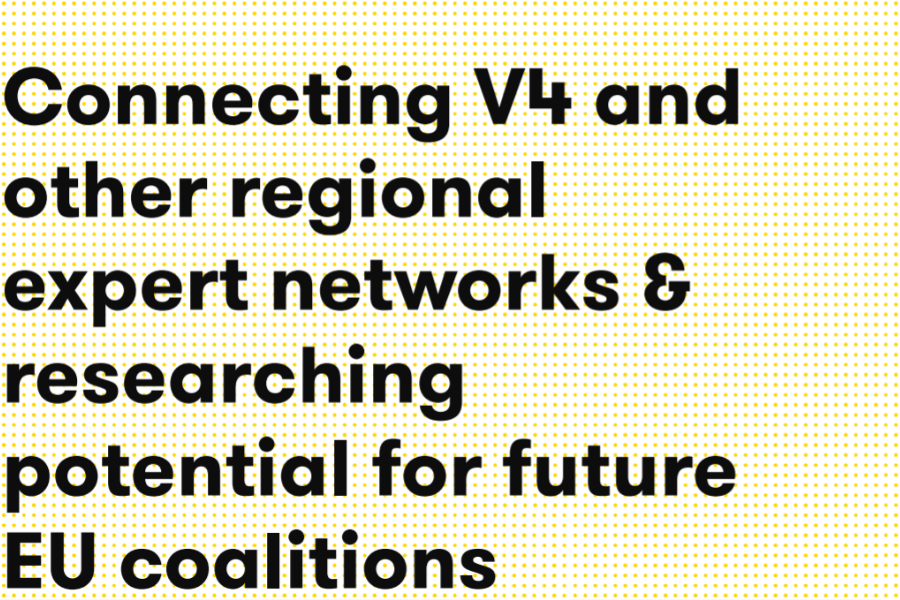
l connections across the EU through connecting V4 and other regional expert networks and thus research concrete potential for the future EU coalitions.
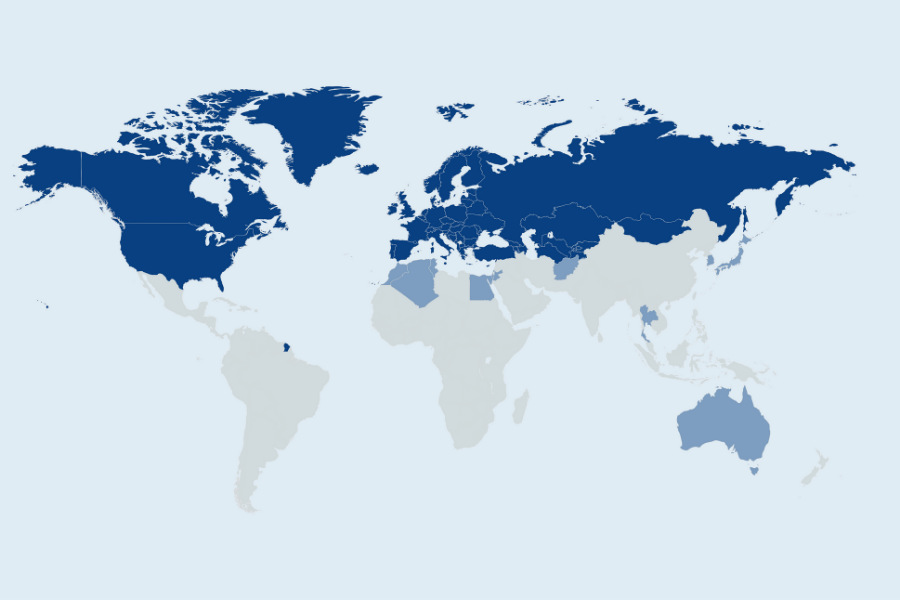
The project envisions commissioning ten papers contributed by Network institutions and current and former policy practitioners. These should take the form of single and comparative case studies focused broadly on fostering economic and environmental connectivity as a means of confidence building (including trade, transport, communication, energy, environment, banking, insurance, etc.) within and beyond the OSCE region.
The project is focusing on addressing two crucial things related to each other – propaganda and extremism. These issues are addressed in its entirety by proving qualitative interactive seminars with researchers, analysts, and civil society leaders dealing with both issues.

The goal of this project is to facilitate embedding democratic values in the societal ethos, and thus to contribute to future successful consolidation in Moldova and Ukraine.

The overall objective of the project is to support effective cooperation between the governmental and non-governmental sectors in Serbian and other minority communities in Kosovo. The project also has the following specific objective: non-governmental organisations in Northern Kosovo actively represent local interests and participate in the decision-making processes of, and cooperate with, the governmental sector.

The project seeks to examine the variety of soft power tools being leveraged by Moscow across three main sectors – economic and financial domain, cultural sphere (activities of the Russian Centre of Science and Culture), and media and information campaigns.
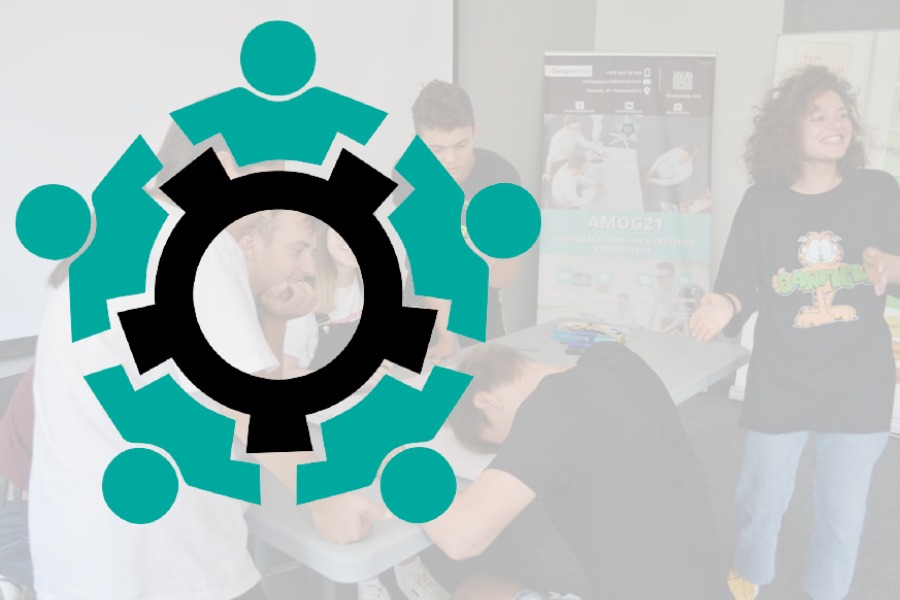
The main objective of the project is to contribute to better functioning of civil society and its better involvement in local and regional policy-making with local government representatives.

We aim to – train Ukrainian governmental officials responsible for implementing the section of the Association Agreement that deals with harmonizing national legislation with the EU energy acquis
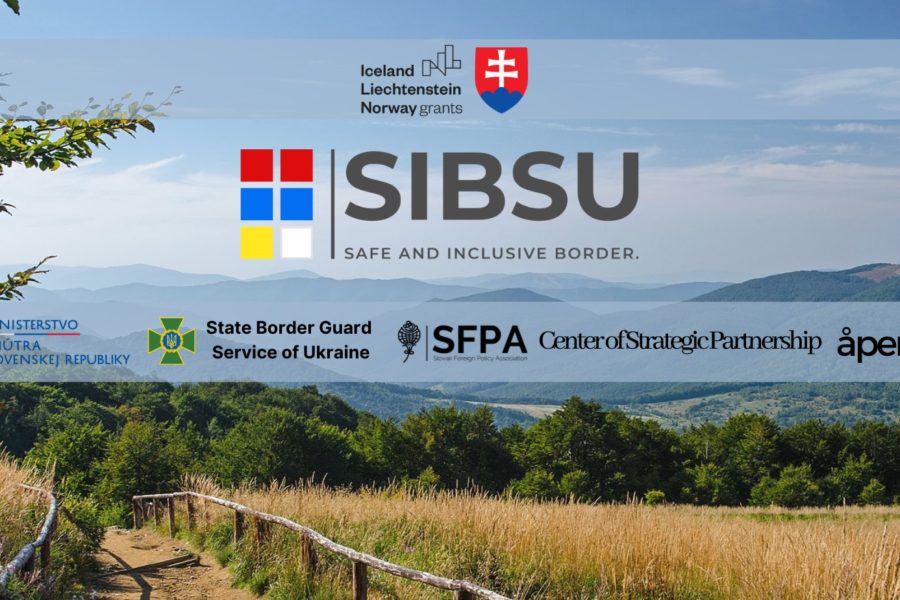
Sharing just 97 km of border, the two countries are good neighbors and trustful friends. To continue good relations between Slovakia and Ukraine, the contact points for mutual learning and cooperation is needed.